Uncanny Machines: Five Artists Probe AI's Boundaries
Image credit: Andrew Perry
Designed to provide transformative AI-fuelled experiences for audiences, and to present works that address key challenges in AI, the ‘Uncanny Machines’ commission explores how artists can push creative boundaries, how AI can be enriched or challenged by the Arts and the social implications of recent developments in AI.
How do we explore the increasingly blurred boundaries between human and machine creativity? In 2023, The New Real Observatory partnered with the Scottish AI Alliance to commission five artistic investigations into this question. Each project would use the platform's new text analysis capabilities to explore different aspects of human-AI interaction, from personal memory to environmental futures.
The commission
'Uncanny Machines' moved beyond typical AI art production to examine fundamental questions about human-machine relationships. Through development awards to five artists and teams, the commission supported works that would both test The New Real Observatory platform's language modelling capabilities and explore critical issues in AI development. Five development awards were on offer, with a final one funded commission.
Image credit: 'Voicing the Unspoken' by Johann Diedrick and Amina Abbas-Nazari
The projects
Each selected project approached human-AI interaction from a distinct angle:
Kasia Molga's 'How to Find the Soul of a Sailor' explored the intimate possibility of finding traces of lost loved ones in personal archives. Using her late father's sailing diaries, Molga investigated how AI might help us preserve not just words but ways of seeing the world.
Alice Bucknell's 'Cones of Uncertainty' drew parallels between extreme weather prediction and artificial intelligence, using meteorological metaphors to help us grasp the complex dynamics of both climate change and AI development.
Linnea Langfjord Kristensen and Kevin Walker's 'Fold Me, Bend Me, Break Me, Said the Computer' sought new ways to visualise AI systems, using artistic practice to 'unfold' the black box of machine learning.
Sarah Ciston's 'Asking the Wrong Questions about Generative AI' examined the ethics of AI training data, proposing alternative approaches focused on community-centered dataset curation and data sovereignty.
Johann Diedrick and Amina Abbas-Nazari's 'Voicing the Unspoken' investigated how AI might help recover missing voices from historical archives, while questioning the increasing prevalence of synthetic speech.
Each of the artists/teams produced a short video lecture and a proposal for the full commission to explore their concepts further and to realise an artwork and a workshop with the audience. You can see the results of their explorations here: https://www.newreal.cc/art
Legacy
The commission marked a crucial evolution in The New Real Observatory platform, focusing on its text analysis capabilities. Artists worked with smaller, carefully curated datasets rather than massive training sets, exploring how AI might help us understand specific domains of human experience. 'Uncanny Machines' demonstrated the platform's potential for critical, conceptual engagement with the prevalent AI tools of the time - language models. Through these five projects, it suggested new ways for artists to interrogate how AI systems develop, while maintaining awareness of the ethical and social implications of these technologies.
Footnotes
‘Uncanny Machines’, The New Real 2023 AI Art Commission, was a partnership between The New Real at University of Edinburgh/Alan Turing Institute, the Scottish AI Alliance and The British Library. From the five development awards, Kasia Molga, was awarded a full art commission to bring her concept to life.
Links
Read project blogs
About the Artists
Cite as: Matjaz Vidmar and Drew Hemment (2025). 'Uncanny Machines: Five Artists Probe AI's Boundaries.' The New Real Magazine, Edition Two. pp 41-43. https://doi.org/10.2218/newreal.10926


